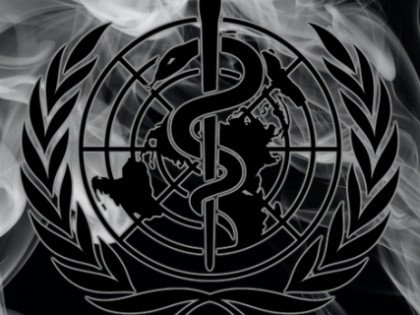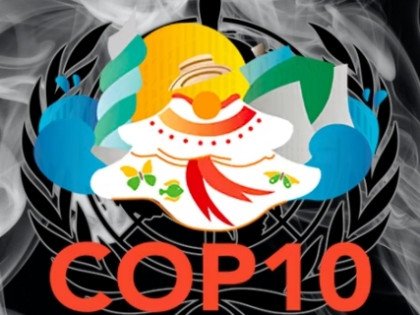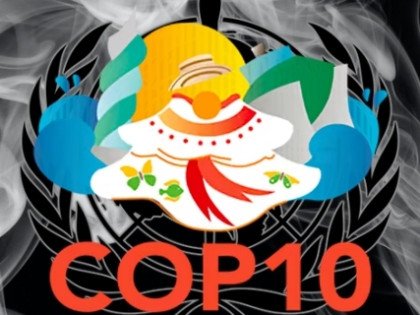Kiwi Attorney-General, David Parker, stated to Parliament that parts of the Smokefree Environments and Regulated Products (Vaping) Amendment Bill banning the advertising or promotion of vaping products were “inconsistent with the right to freedom of expression” under the Bill of Rights Act.
VTANZ spokesperson Jonathan Devery commented: “Moves to ban vaping advertising not only go against freedoms of expression but will reduce the chance of adult smokers being free of deadly tobacco.”
“Here’s hoping Parliament listens to the Attorney-General’s sage advice. A total advertising ban would be counterproductive. We need to be able to communicate the benefits of our products to adult smokers, even in a restricted way, in order to convert them to something 95% less harmful.”
The Attorney-General said a blanket prohibition was not a “proportionate response, given the lack of evidence for (vaping) being harmful”. Moreover, he added that “vaping is significantly safer than smoking”.
Nancy Loucas returned to New Zealand from the Philippines convinced that the WHO’s position on vaping “is costing considerable lives globally.”
“Because of WHO's unmoved position, smokers in many countries remain highly vulnerable and are likely to stick with smoking until they die. Let’s not forget that about 80 percent of the world’s 1.1 billion smokers live in low and middle-income countries like the Philippines,” she said.
Loucas, also the Co-Director of Aotearoa Vapers Community Advocacy, is concerned that the Ninth Session of Parties (COP9) of WHO’s Framework Convention on Tobacco Control at The Hague in November is once again set to exclude consumer advocacy groups like CAPHRA.
Ahead of WHO’s biannual meeting for tobacco controllers later this year, CAPHRA has committed to launching an Asia-wide education and information campaign, #SmokeFree4Life, about the benefits of electronic cigarettes, heat-not-burn tobacco, snus and other smoke-free nicotine products.
Ms Loucas added: “WHO’s FCTC is mandated to engage with the public, but it chooses not to despite the public being the major stakeholder. FCTC also has a mandate to pursue ‘harm reduction’ as a core tobacco control policy, but it has failed to acknowledge or implement this policy for nearly two decades. Outrageously, WHO has effectively deprived smokers of an effective way out of smoking.”
“We know from all the science that it is the smoke that kills the users of combustible tobacco, not the nicotine. However, some in global positions of influence would have us believe that the use of alternative forms of nicotine is just as deadly and harmful as lighting up a cigarette!”
“We’re fighting for the billion-plus cigarette smokers who are now presented with better, safer and innovative nicotine product alternatives. Amazingly, our biggest obstacle remains the World Health Organisation. Regardless, we will continue to stand up for our right to be heard and included in their critical discussions.”
Related:
Photo Credit:
Mask image by Clker-Free-Vector-Images from Pixabay
Mountains image by David Mark from Pixabay
Dave Cross
Journalist at POTVDave is a freelance writer; with articles on music, motorbikes, football, pop-science, vaping and tobacco harm reduction in Sounds, Melody Maker, UBG, AWoL, Bike, When Saturday Comes, Vape News Magazine, and syndicated across the Johnston Press group. He was published in an anthology of “Greatest Football Writing”, but still believes this was a mistake. Dave contributes sketches to comedy shows and used to co-host a radio sketch show. He’s worked with numerous start-ups to develop content for their websites.
Join the discussion
CAPHRA Highlights Tobacco Control Flaws
The Coalition of Asia Pacific Tobacco Harm Reduction Advocates highlights the flaws in tobacco control which has led to the rise of black market in Australia
Alarm Regarding WHO’s Opacity
The Coalition of Asia Pacific Tobacco Harm Reduction Advocates sounds the alarm on WHO and FCTC's “disturbing lack of transparency”
COP10: Use The Evidence
The Coalition of Asia Pacific Tobacco Harm Reduction Advocates demands an evidence-based approach to tobacco harm reduction from the World Health Organisation and the Framework Convention on Tobacco Control
Exclusionary Tactics Criticised
Global tobacco harm reduction advocates have criticised the WHO’s exclusionary tactics at COP10, the Framework Convention on Tobacco Control conference starting today






-listing400.jpg)




